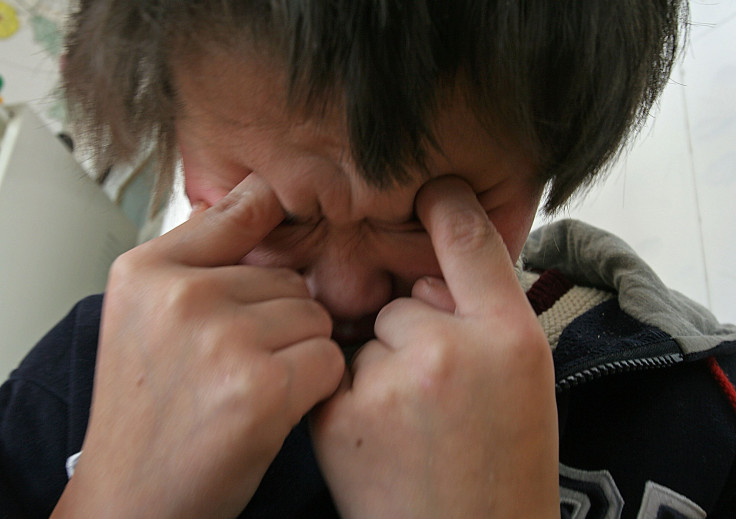Neurofibromatosis Type 1 Patients Also Show Autism Symptoms, Research Shows

People who have neurofibromatosis type 1 (NF1) — a rare tumor syndrome — are likely to show symptoms related to autism spectrum disorders, according to a new study published Wednesday.
Those with this disorder are born with one mutated copy of NF1 gene in each cell. Symptoms of the NF1 condition include flat and brown spots on the skin, freckles in the armpits or around groin, tiny bumps on the iris of the eye and learning disabilities.
For the study, researchers examined 531 NF1 patients with average age of 11 from clinical centers in the U.S., Belgium, the United Kingdom and Australia. The findings showed these participants also exhibited autism symptoms.
“NF1 is caused by mutations in a single gene — NF1,” Stephanie M. Morris, an instructor in neurology and first author of the study, said in a statement. “Our research indicates that this single gene also is associated with autism spectrum disorders in these same patients. That may make it possible to look downstream from the gene to find common pathways that contribute to autism in the wider population.”
Researchers said that the findings may help scientists understand autism further.
“What’s unique about our findings is that it’s likely mutations in the NF1 gene are driving most of the symptoms of autism in children with NF1,” said John N. Constantino, the Blanche F. Ittleson Professor of Psychiatry and Pediatrics and senior author of the study. “Here, we have a single-gene disorder that affects a fairly large number of people and is causing autism in a significant number of those who are affected. This work could provide us with an opportunity to study a single gene and figure out what it is doing to cause autistic syndromes.”
Constantino noted that several genes are associated with autism. However, singling out NF1 gene can help experts to know how unrelated genes may interact along the same pathway to lead to autism in people without NF1 condition.
The study was published in journal JAMA Psychiatry.



























